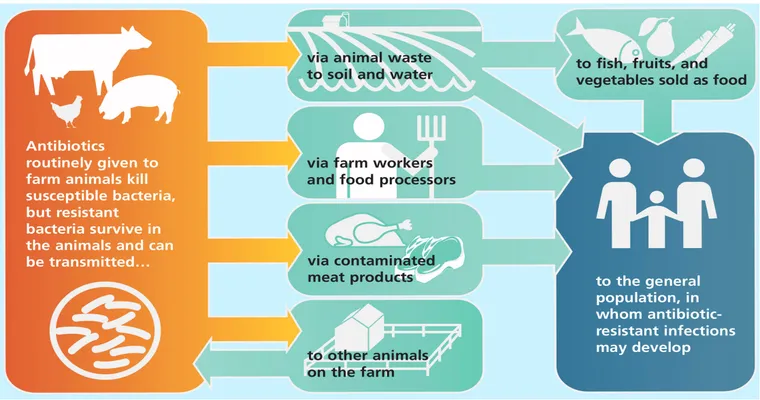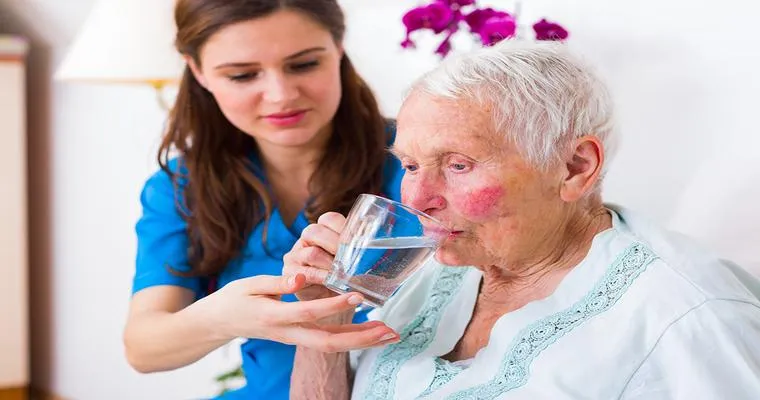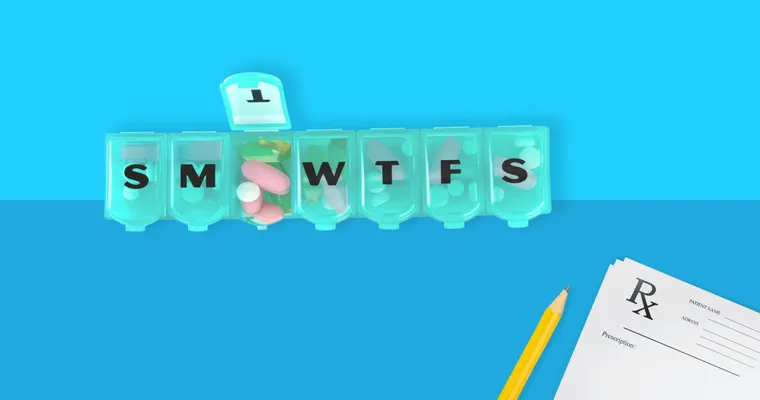In today's world, the "overuse of antibiotics" has become a significant health concern, leading to "antibiotic resistance" that complicates the treatment of infections. Understanding how to protect yourself from unnecessary antibiotic use is crucial not only for your health but also for the broader community. With the rise of resistant bacteria, it is essential to take proactive steps to ensure that antibiotics remain effective for future generations.
Antibiotic resistance occurs when bacteria evolve and become immune to the effects of medications designed to kill them. This can happen for several reasons, including the "overprescription of antibiotics" by healthcare providers, patients not completing their prescribed courses, and the use of antibiotics in livestock. To combat this growing issue, it is vital to adopt practices that safeguard against the misuse of these powerful drugs.
One of the most effective ways to protect yourself is to become informed about when antibiotics are necessary. "Antibiotics are effective against bacterial infections", but they are not helpful for viral infections such as the common cold or flu. Always consult with your healthcare provider before taking antibiotics, and ask questions about the necessity of the treatment. If your doctor prescribes antibiotics, ensure you understand the dosage and duration of the treatment. Completing the full course of antibiotics is essential to eliminate the bacteria and reduce the likelihood of developing resistant strains.
Another critical aspect of preventing antibiotic overuse is practicing good hygiene. Regular handwashing, maintaining a clean living environment, and staying up-to-date with vaccinations can significantly reduce the risk of infections, thereby decreasing the need for antibiotics. By focusing on prevention, you lower your chances of needing these medications in the first place.
If you ever find yourself in a situation where antibiotics are suggested, consider alternatives. In some cases, your doctor might recommend other treatments, such as over-the-counter medications or home remedies, that can help alleviate symptoms without resorting to antibiotics. Always discuss these options with your healthcare provider to determine the best course of action for your health needs.
Educating yourself and those around you about the dangers of antibiotic overuse is also essential. Share information about "antibiotic resistance" with family and friends, and encourage them to be cautious when it comes to using antibiotics. Awareness can lead to more responsible behaviors and decreased demand for unnecessary prescriptions.
Finally, advocate for responsible antibiotic use in your community. Support initiatives that promote proper prescribing practices among healthcare providers and encourage local health organizations to develop educational campaigns about the risks associated with antibiotic overuse.
In conclusion, protecting yourself from "antibiotic overuse" and preventing "antibiotic resistance" requires a combination of informed decision-making, good hygiene practices, and community awareness. By taking these steps, you can help ensure that antibiotics remain an effective treatment option for everyone. Remember, the fight against antibiotic resistance starts with you.





